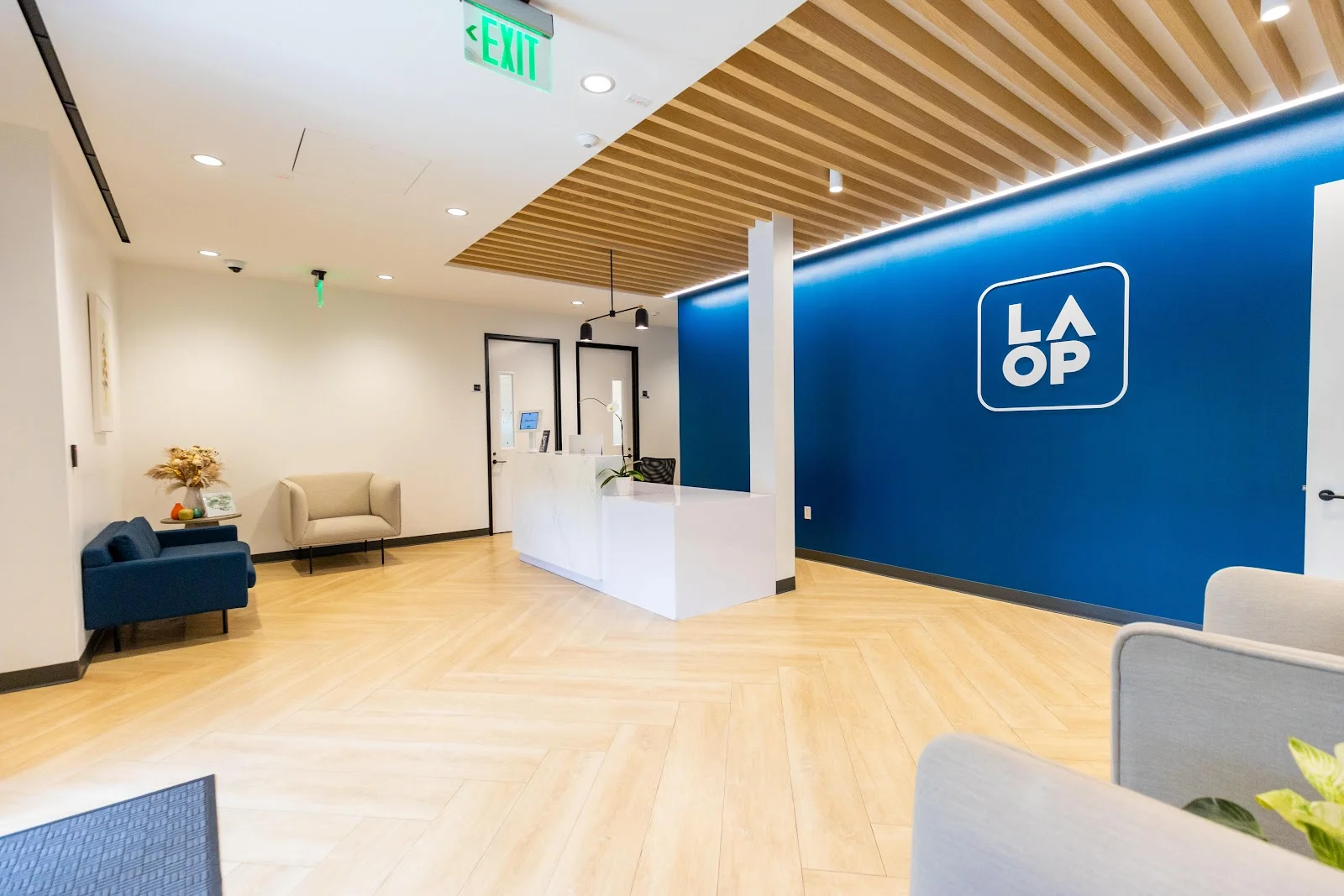Los Angeles Outpatient Center, located in Culver City, California, is a premier facility dedicated to delivering comprehensive mental health programs for individuals aged 18 and older. Serving both men and women, the center is focused on supporting clients through a range of specialized services designed to foster lasting wellness.
The center offers three primary programs: the Partial Hospitalization Program (PHP), Telehealth Services, and the Intensive Outpatient Program (IOP). Each program is meticulously structured to provide the appropriate level of care, with treatment durations varying from 30 to 90 days based on individual needs and circumstances. The facility accommodates between 31 to 50 clients at a time, ensuring a supportive and concentrated therapeutic environment.
Los Angeles Outpatient Center is known for its inclusive and supportive atmosphere, with a strong commitment to the LGBTQ+ community. The center's dedicated team of professionals crafts individualized treatment plans tailored to address each client's unique needs. Therapeutic services at the center are diverse and evidence-based, including Transcranial Magnetic Stimulation (TMS), Cognitive Behavioral Therapy (CBT), Dialectical Behavior Therapy (DBT), Internal Family Systems (IFS) Therapy, and Interpersonal Therapy (IPT), as well as creative therapies such as gardening and art therapy. These modalities are designed to promote holistic healing and emotional well-being.
Additionally, the center features a robust Alumni Program that offers continued support to clients after they complete their initial treatment, assisting them in maintaining progress and staying connected with a supportive community. Los Angeles Outpatient Center’s commitment to excellence is affirmed by its accreditation from the Commission on Accreditation of Rehabilitation Facilities (CARF).


























